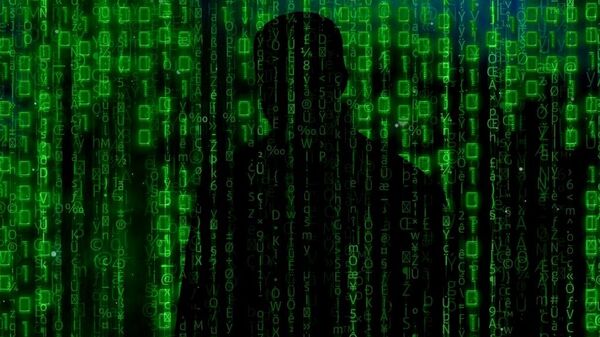"The US is always extremely interested in what each country is doing, especially Brazil, because it is a very important country in South America and what happens there affects most of the countries of South America. Therefore, the US is interested in what is happening in the politics and economy of Brazil, and I think that's the reason why they were spying."
"When the espionage was revealed, President Rousseff refused to come to the White House for a State Dinner, which was quite a fateful decision. The relationship got better after that when the US promised to reduce the level of wiretapping."
"I think they are still spying, and I have talked about how the NSA deployed malware across Brazil. Among the data distributed by Edward Snowden, there is information about places in the world where the NSA hosted malware such as Russia, China or North Korea. However, they also did it in friendly countries, including in Brazil."
In July 2013, leaks from the Snowden files revealed that the NSA global surveillance program extended to Latin America, with the US intercepting web traffic and phone calls across the region. The main target was Brazil, where US agents monitored the emails and phone calls of millions of citizens with the help of local telecommunications companies. the NSA also tapped the communications of the country's largest oil company Petrobras and then-President Dilma Rousseff.
However, despite outrage over the Snowden files, the NSA continues to collect Americans' phone data, it was revealed last week.
On Tuesday, the Office of the Director of National Intelligence disclosed that the agency amassed about 151.2 million phone records involving Americans in 2016.
"I think it's a big surprise for a lot of people that even after the NSA's espionage in the US decreased it still continued to intercept a huge amount of communication," Bedford said.
"The thing is that if they intercept so much communication in the US, where the NSA has a lot of restrictions, you can imagine the interception volumes in Brazil and in other countries where the activities of the NSA are not limited by anything."
"That's one of the problems. Communications systems consist almost entirely of cables stretching along the seabed in such a way that all communication from Brazil to other countries of the world passes through the USA, and the NSA has a great opportunity to take advantage of all of that."
"At the moment the US is the probably the leader among countries with cyber weapons, and it's the only country that actually attacked another country in order to destroy its physical infrastructure — I'm talking about the attack on Iran, when the Iranian centrifuges for the enrichment of uranium were destroyed. So, in that attack, cyber-weapons destroyed physical objects. That is the practical definition of cyber warface, attacks using cyber weapons," Bamford said.
The expert added that modern reliance on computers means that cyberattacks are a danger to everybody.
"Now, cyber weapons are used in a lot of places, a lot of countries are involved in cyber conflicts. The problem is that these conflicts affect everyone, because almost every one of us is connected to the Internet through computers, telephones or our houses, we are connected to each other one way or another. Therefore, if there is a cyberattack somewhere, if someone attacks your communication, the communications of your country or your city, it affects everyone."




